How 2 Republicans Ended Up At Odds With Their Party On Health Care
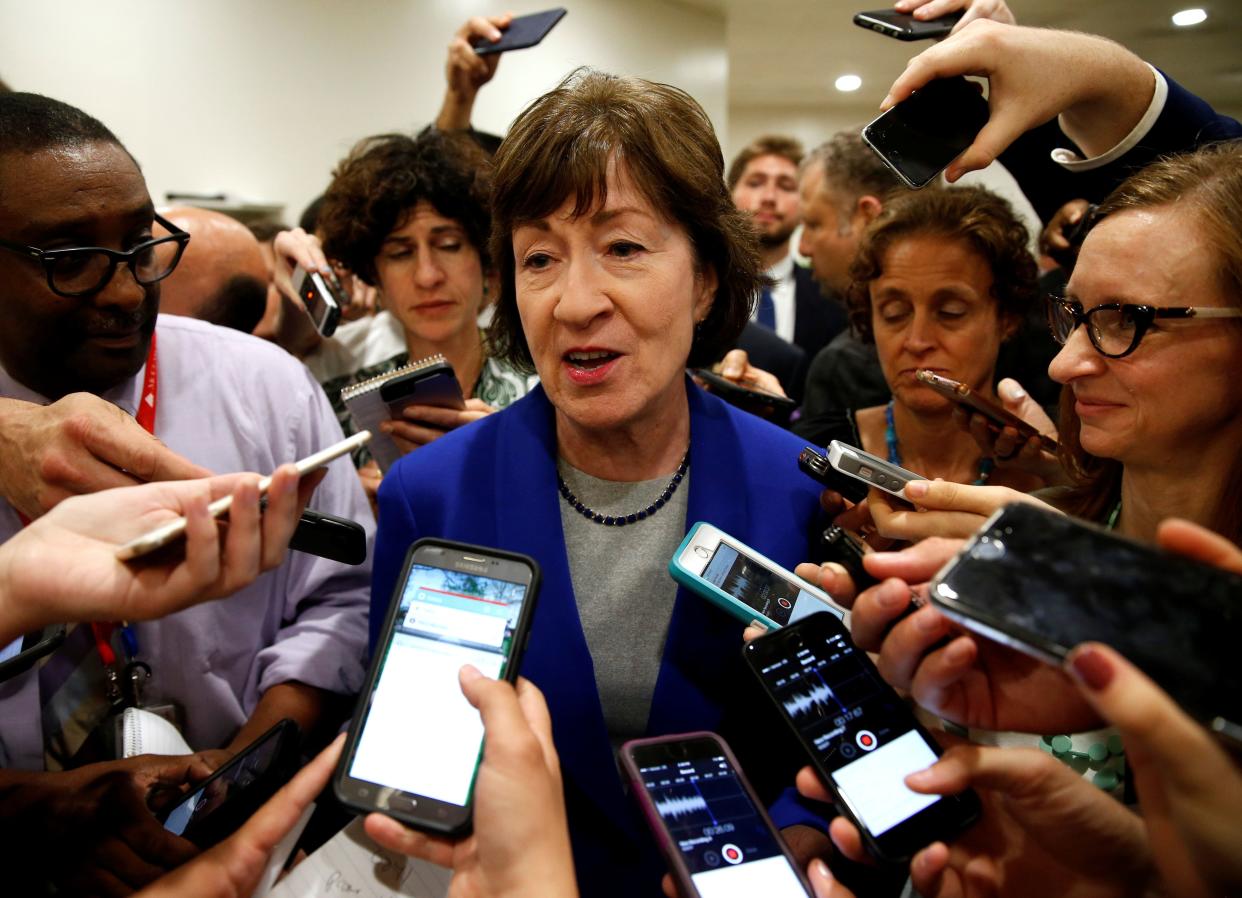
WASHINGTON ― Senate Republican leaders can’t seem to find the votes to repeal and replace Obamacare. They’ve had no help from Democrats, of course, who oppose what they’re doing and haven’t been consulted anyway. But they’ve also had no help from two senators in their own party: Susan Collins of Maine and Rand Paul of Kentucky.
Collins and Paul have been a hard no on both of the GOP health care bills unveiled over the last month. That’s made things exceptionally difficult for Majority Leader Mitch McConnell (R-Ky.), who can afford to lose only two Republican votes. It’s left his latest Obamacare repeal bill hanging by a thread, as a handful of Republicans on the fence threaten to produce the fatal third vote.
They’re an unlikely pair to ended up united against their party on something. Collins is a pro-abortion rights moderate from a state that Democratic presidential candidate Hillary Clinton carried in 2016; Paul is a libertarian-leaning conservative who regularly rails against big government. But their different ideologies explain why they are so opposed to what GOP leaders are doing.
The thrust of Collins’ concern is that Republicans are trying to repeal too much of the Affordable Care Act, to the point where people will get hurt. The GOP’s latest bill, which was released Thursday, would cut overall Medicaid funding by more than 30 percent and eliminate the Affordable Care Act’s expansion of that program. That would mean millions fewer people would have access to Medicaid, namely low-income and elderly people.
Collins wasted little time announcing her opposition to the bill and instead urged her colleagues to change course and work on a bipartisan fix to Obamacare.
Still deep cuts to Medicaid in Senate bill. Will vote no on MTP. Ready to work w/ GOP & Dem colleagues to fix flaws in ACA.
— Sen. Susan Collins (@SenatorCollins) July 13, 2017
Collins also has problems with the sheer number of people who would lose health care coverage under the bill and the plan’s negative effect on health care access in rural areas.
The Congressional Budget Office hasn’t yet released its estimates on the revision of the health care bill, but under the original Senate version, which isn’t that different from the new one, roughly 22 million people would lose coverage.
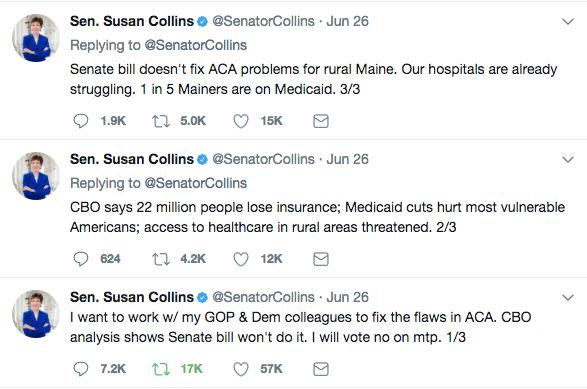
Paul, meanwhile, argues that the GOP health care bills wouldn’t repeal enough of the Affordable Care Act. He’s complained all year about Republicans leaving too much of the law intact, and, when GOP leaders unveiled their initial health care bill in June, he ripped it as too expensive and doomed to fail.
“The bill is just being lit up like a Christmas tree full of billion-dollar ornaments, and it’s not repeal,” Paul fumed in a Fox News Sunday interview earlier this month.
“Now the Republicans are getting so weak-kneed they’re saying, ‘Oh, we’re afraid to repeal the taxes,’” he continued. “What happened to these people? They all were for repealing Obamacare. Now there’s virtually no one left.”
The Kentucky senator is even less happy with the revised health care bill, which includes new insurance deregulation provisions. The language was added to win support from conservatives, but it comes with more federal spending ― a big no-no for Paul, who fundamentally disagrees with the idea of the government subsidizing health care.
He aired his grievances in a Thursday op-ed in The Washington Times, headlined “Crony Capitalism Isn’t a Right, So Why Does Senate Healthcare Bill Give Insurance Companies the Right to a Bailout?”
“I really can’t describe my level of disappointment,” Paul wrote. “Crony capitalism is enshrined as a ‘right’ by the new GOP Obamacare bill, while that bill does little to nothing to repeal Obamacare or fix our ailing healthcare sector.”
Also on HuffPost
Love HuffPost? Become a founding member of HuffPost Plus today.
1912
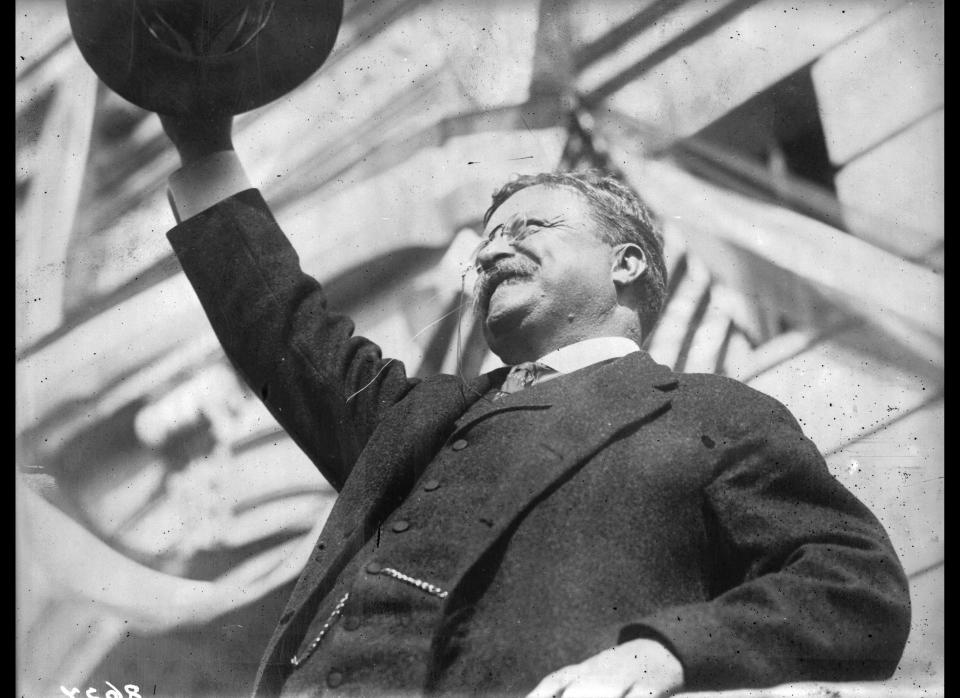
1935
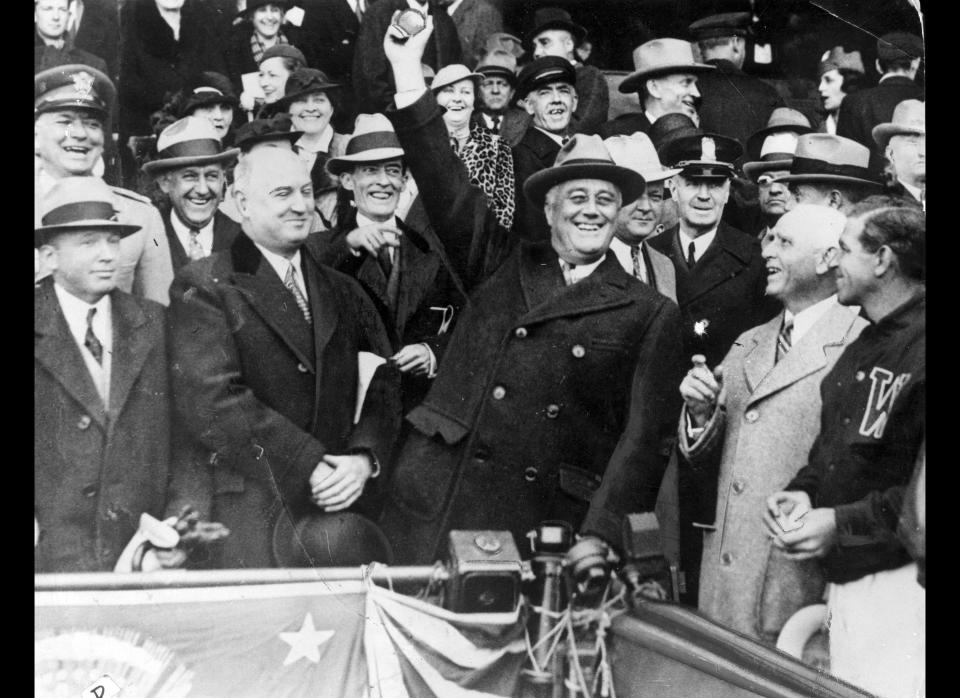
1942
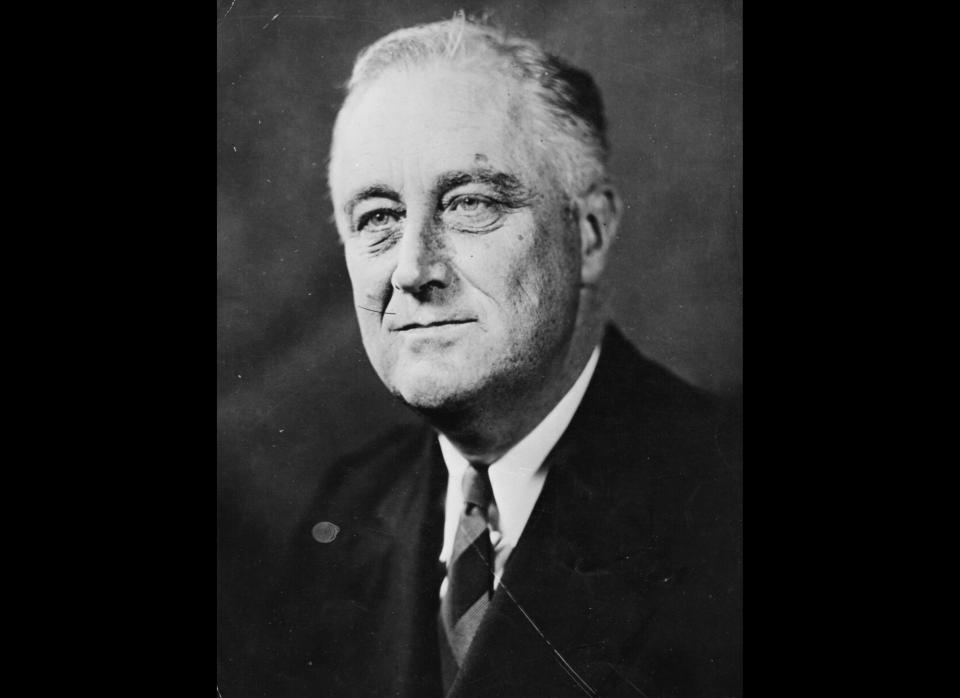
1945
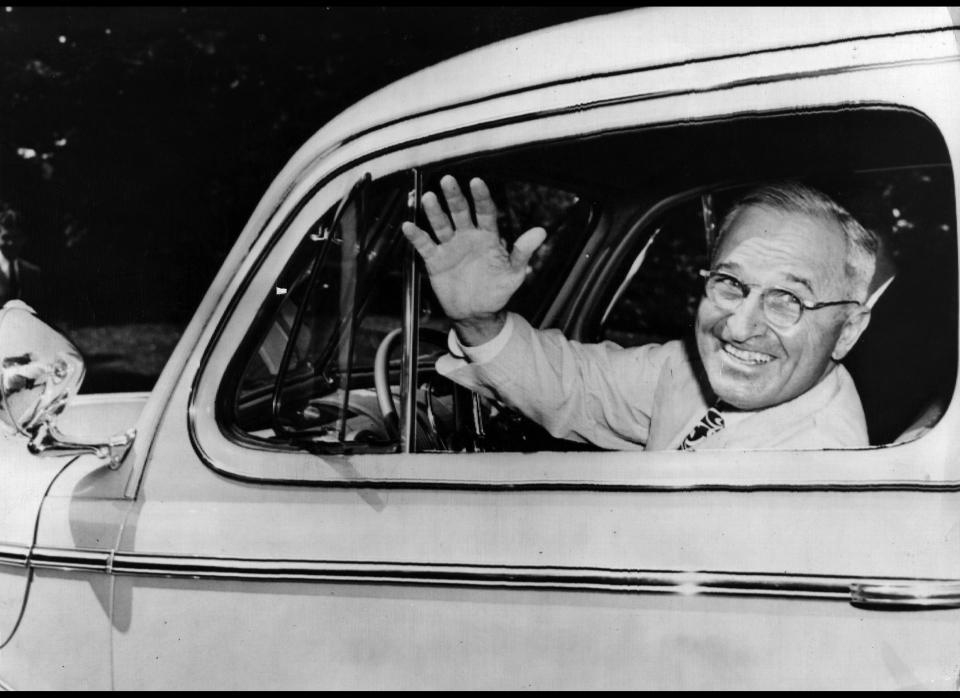
1960
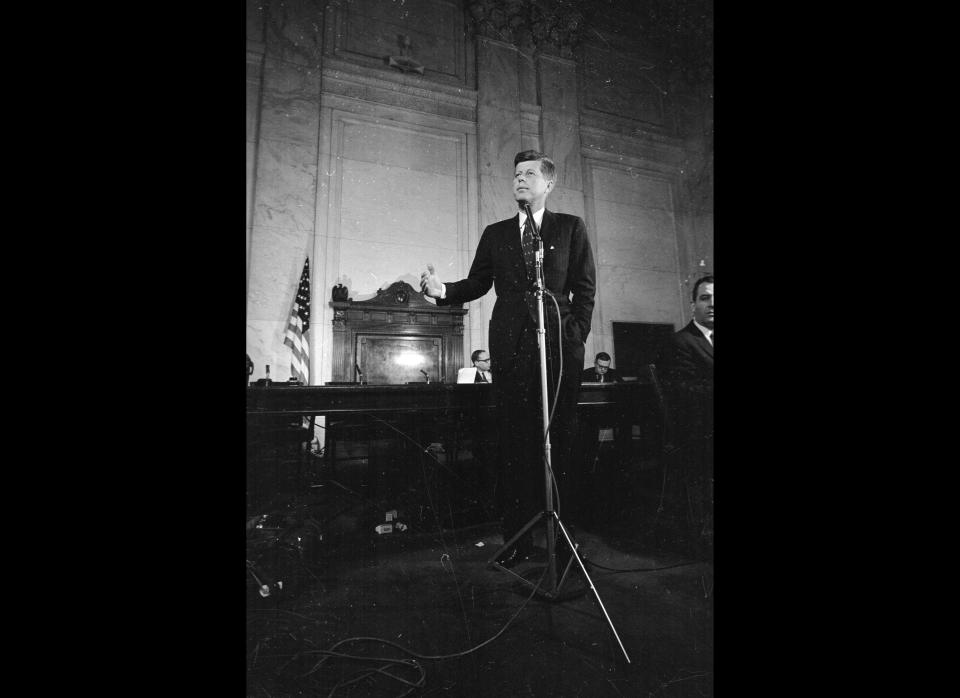
1965
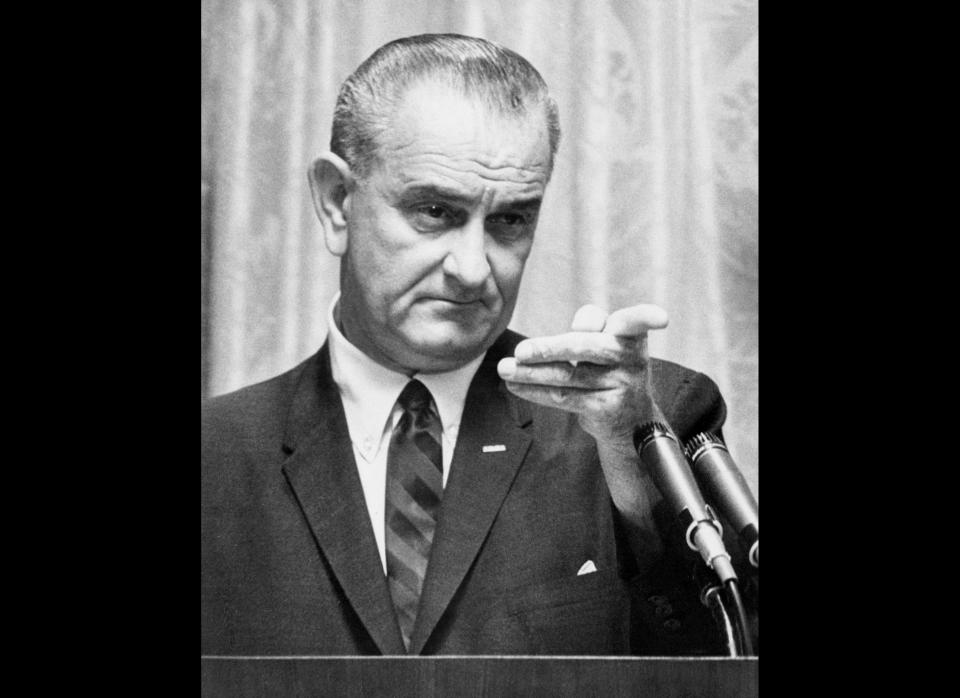
1974
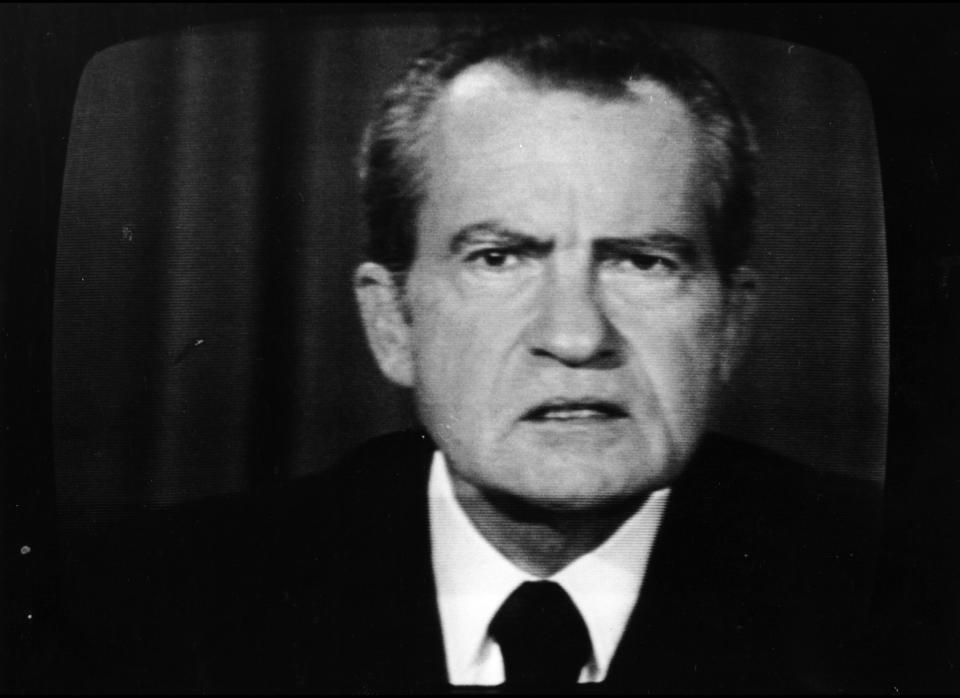
1976
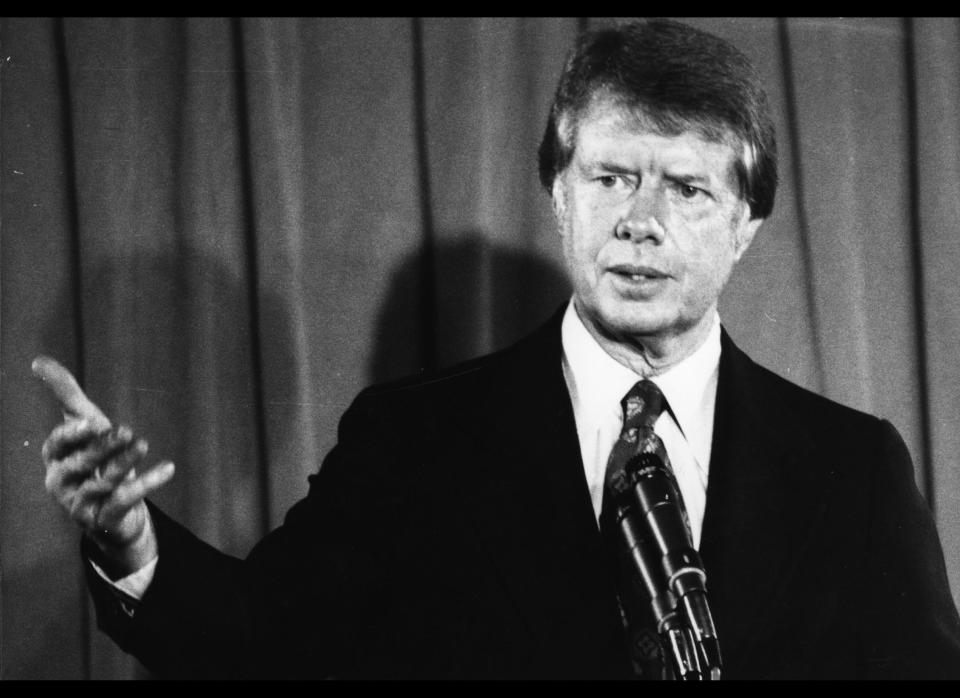
1986

1988
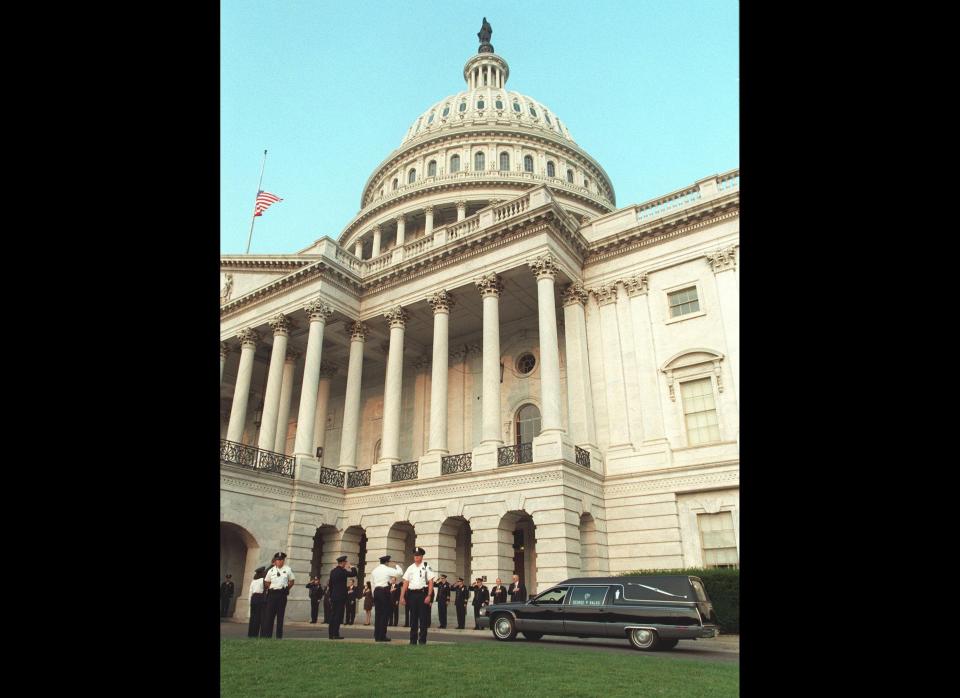
1993
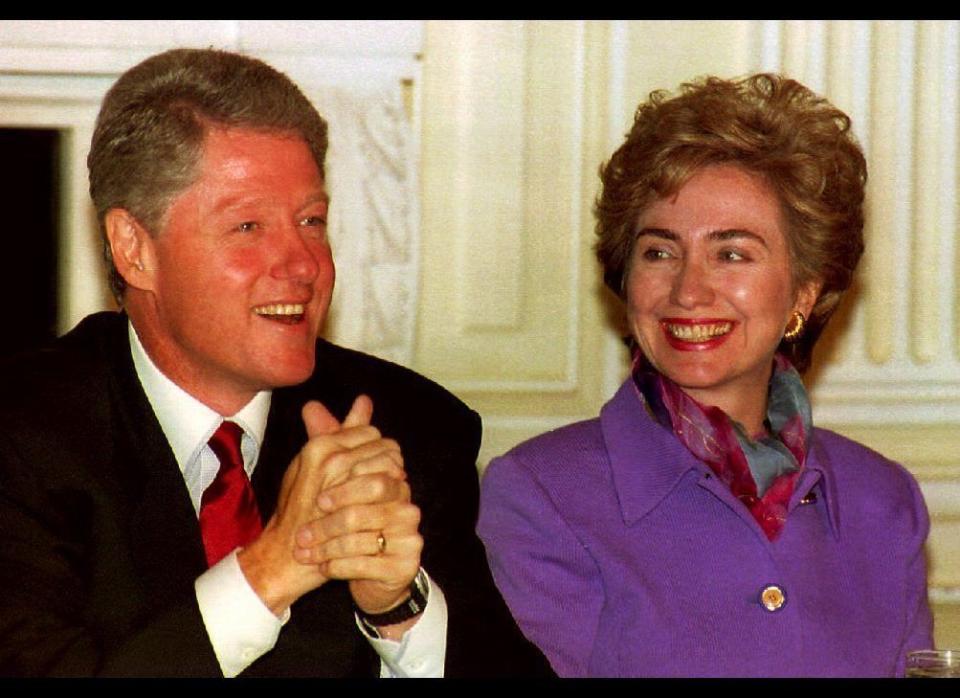
1997
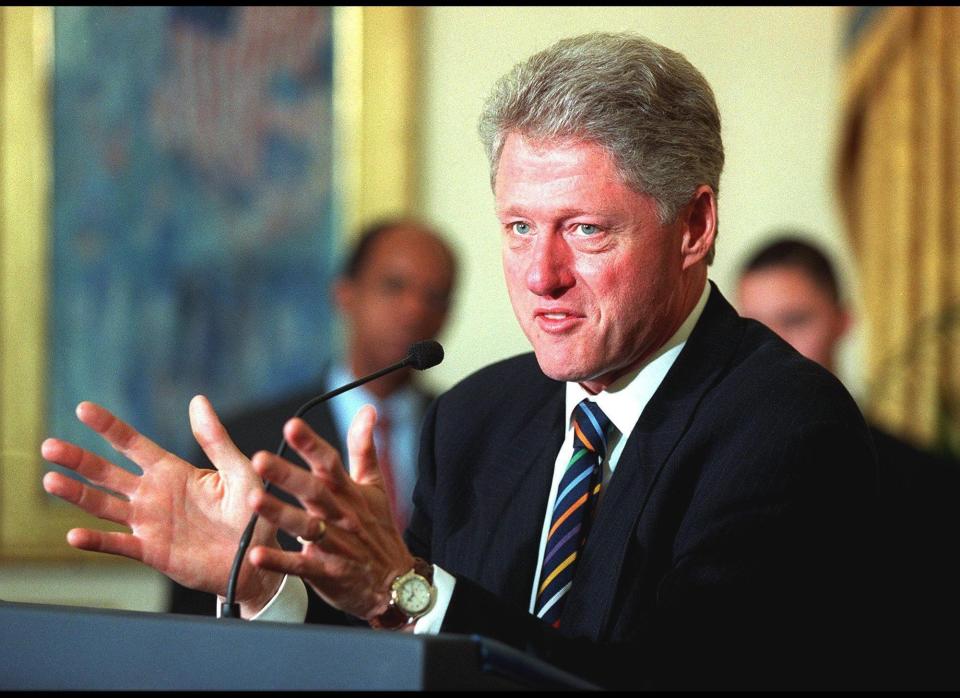
2003
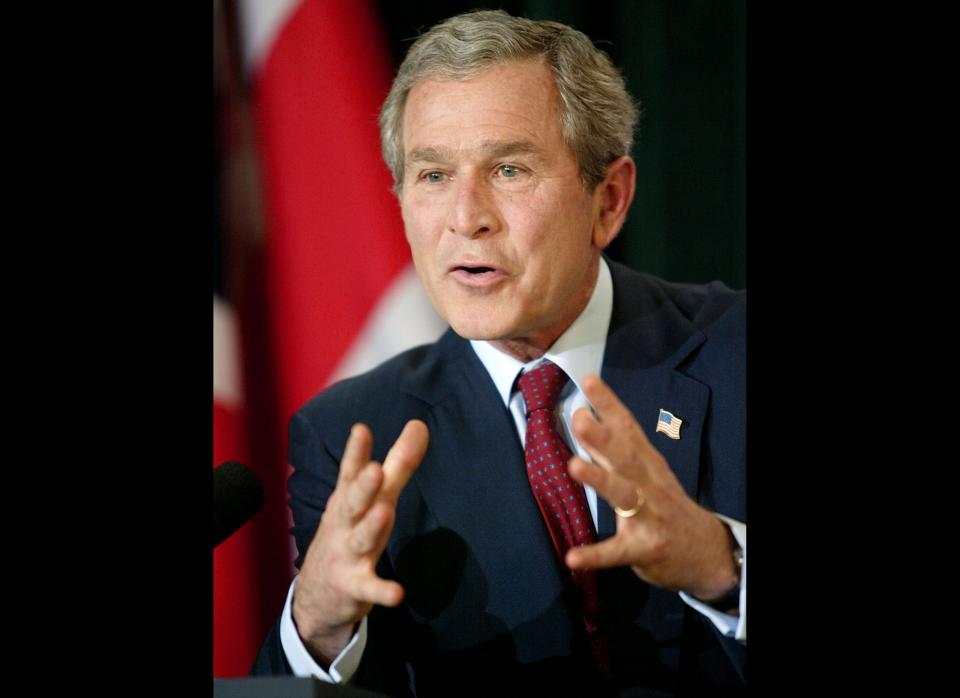
2008
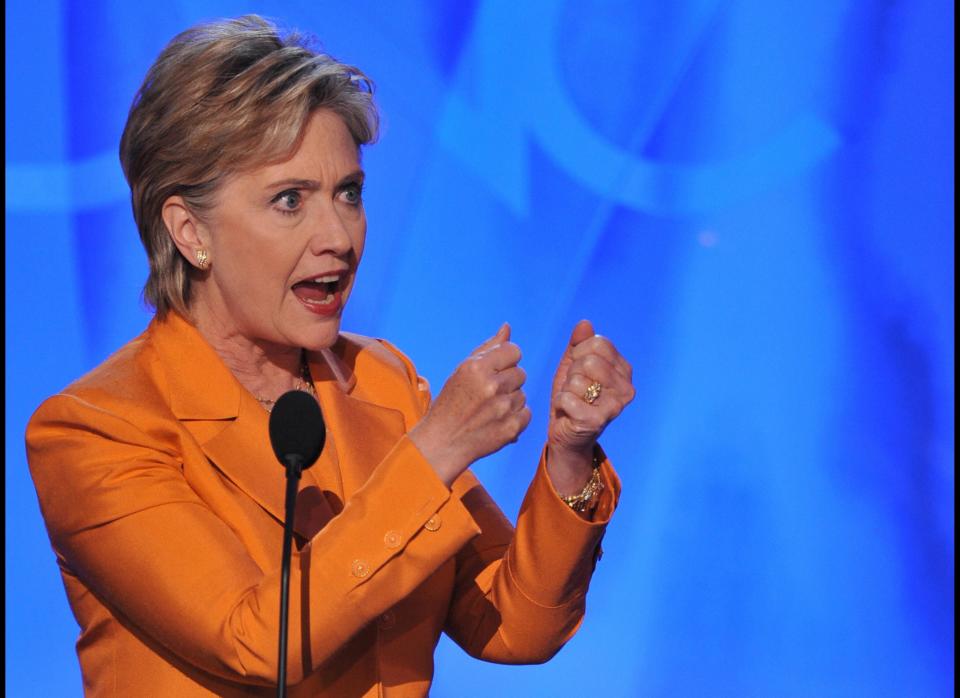
2009
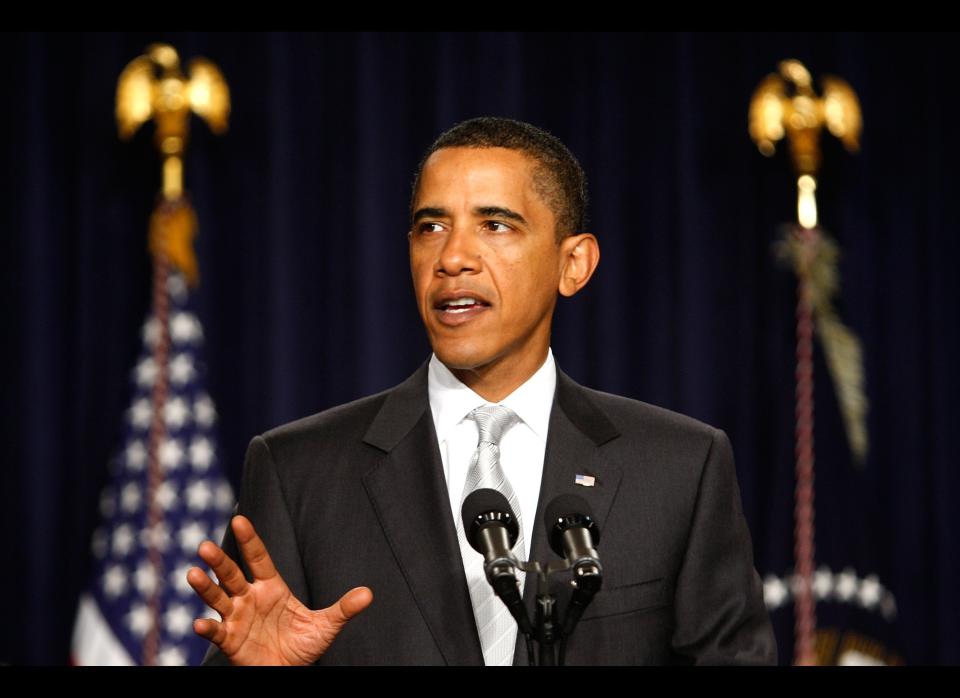
2010
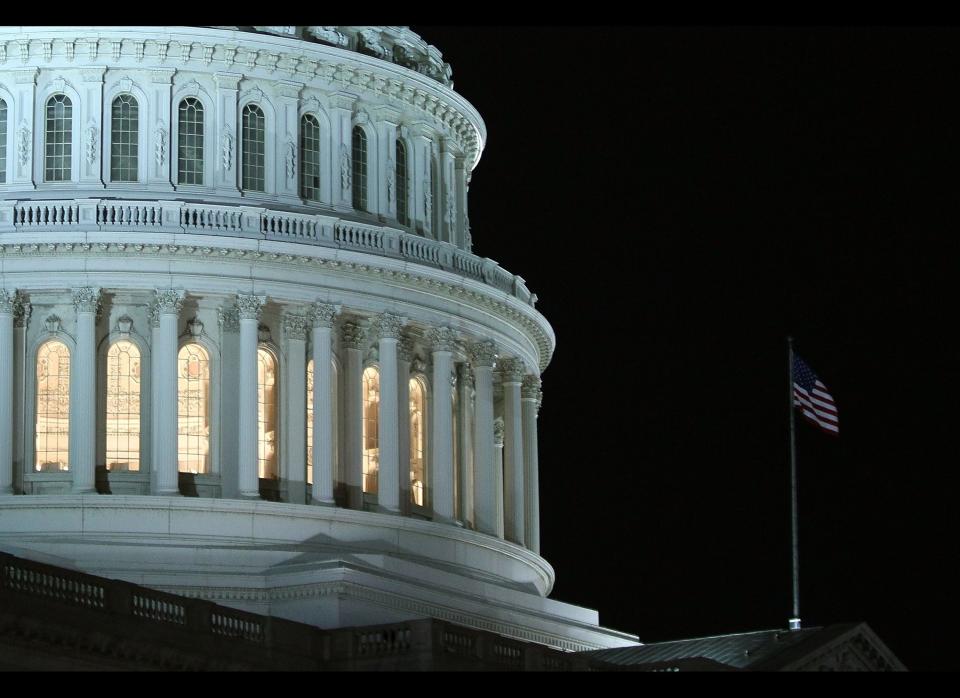
2012
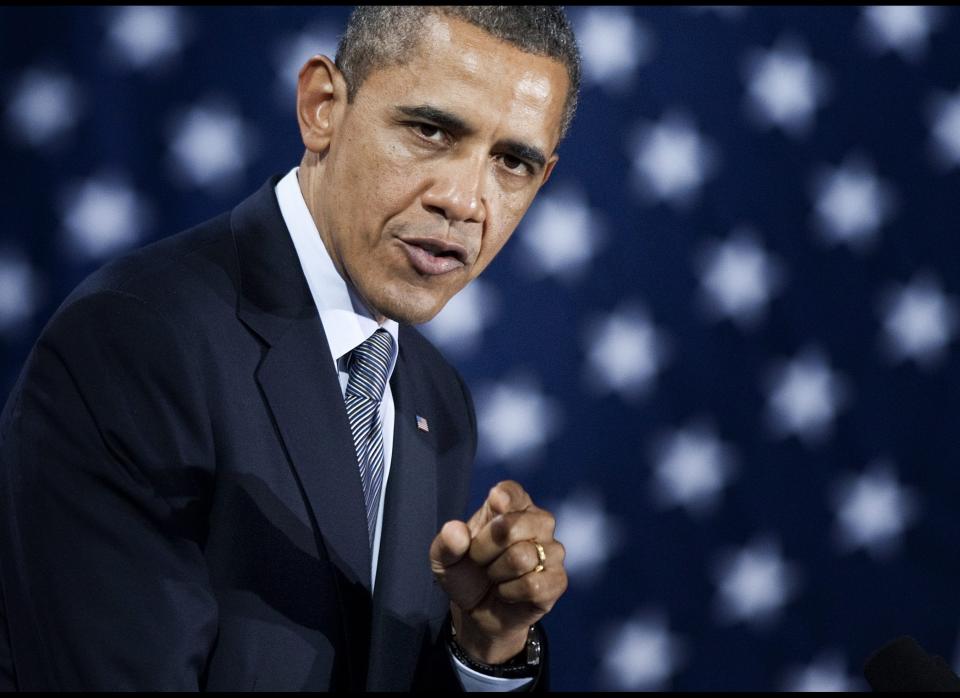
This article originally appeared on HuffPost.

